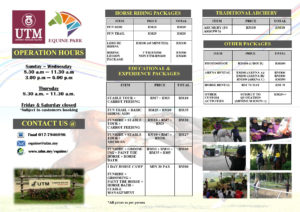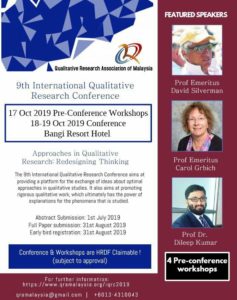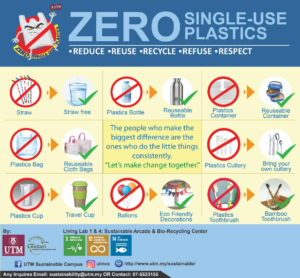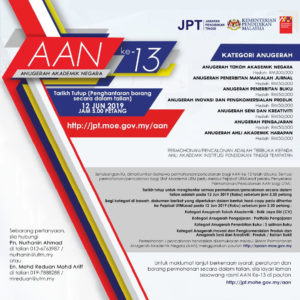I had students with the status of UM [Ulang Matapelajaran] before. But, somehow another I don’t feel any attachment with them so when they fail a course, I don’t hesitate to retain whatever grade given to them.
This time around it is different. Why? I have known this student since 2012. Yup. We have known each other quite long. I remember this student in particular because there was a male student in the same cohort who passed away drowning while saving others’ lives. I have some emotional attachment with this cohort because I just finished my PhD at that time and excited to teach again after so many years of studying. This class is also special because the students had swimming class before mine so, my class was the perfect time for them to take a rest after physically taxing swimming class. Well, I tried to do some activities which required them to move around. They moved around alright but the moment they went back to their seats, their eyes seemed to shut down automatically. The faculty combined the class with TEASL students. What a ying-and-yang combination! Indeed.
Years passes by quickly and before we know it, I met this student again in my masters class. I had a quick chat with her after class. She seemed a bit shy around me. When I asked her if she took my Educational Psychology class in 2012, she sheepishly acknowledged that. Then, I asked if she was in the same class as the late Miji (only a nickname), her face went pale and gloom. Without looking at me, she looked down on the floor before replying “Dr still remember Miji?“. I told her that I normally remember my students’s faces. It is just that I don’t remember their names. To lighten up the atmosphere a bit, I asked her if she has settled down. Looking down at her shoes again, she replied “I am still single, Dr. I am busy with my work. Many of my friends have got married. I further my masters because I want to improve myself as a teacher“. With a light pat on her hand, I assured her that the time will come for her to settle down. She told me that she teaches Malay Language now even though she majored in Sport Education. She is still a sport education teacher though. So, she has the opportunity to teach what she learned at UTM. Since that quick chat, I never have any chance to talk to her again.
When I graded her assignment, I notice that she only took the quiz once and she did not get good marks for the quiz. She did not get good marks for her final as well. So, relying on her proposal assignment alone, she got below 60 marks. To be exact, her final marks are 58/100. Just a shy away from getting a passing grade. I crack my head to increase the marks. I can’t simply increase the marks unnecessarily and without any valid evidence. I look again the quizzes that I have given them (some are graded and some are not graded). I notice that she never tried to take the ungraded quiz unlike others. This makes me feel sad. Others took the opportunity to improve their grades by using whatever things that I provide them to the fullest. I notice that there are several students who took one ungraded quiz more than three times. Since I don’t give the answer, they have to try as many time as they could until they get the right answer themselves. So, in this case, they will “force” indirectly to refer to their notes to find the answer. This is a part of self-regulated learning.
What should I do with this student? After all, she is in her 8th semester. A dilemma indeed.







